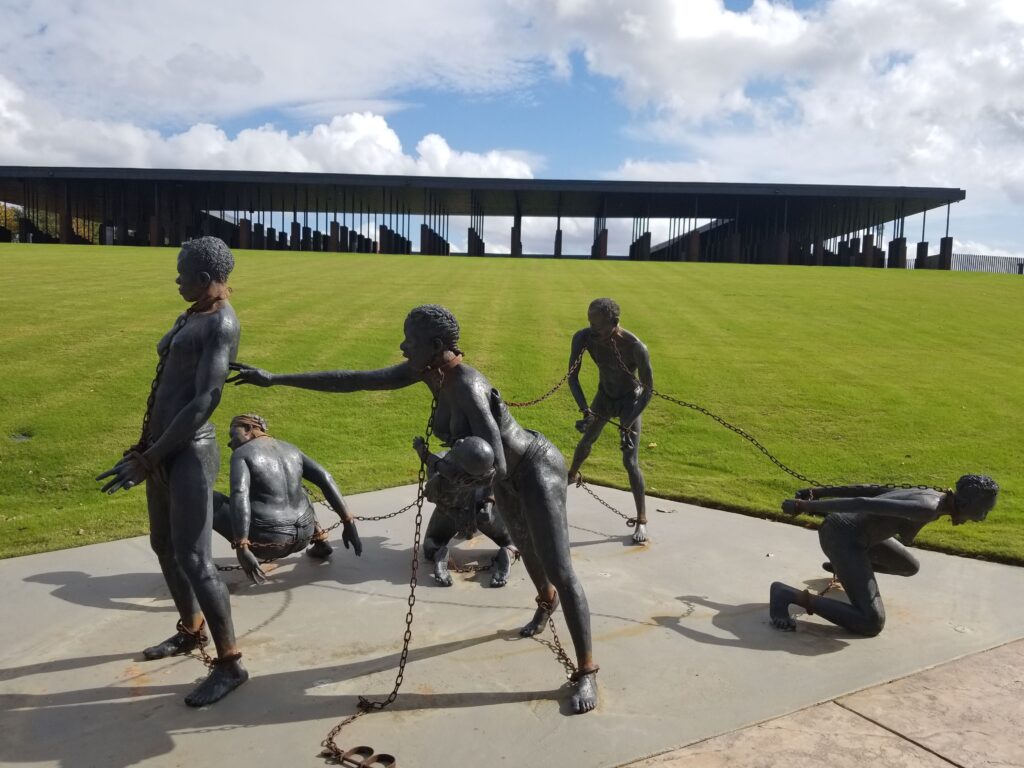This month, the United States celebrated “Veterans Day” (formerly Armistice Day). Out of respect, and coming from a long line of veterans, I have waited to share my thoughts on it. There was a movie made by the War Department, now known as the Department of Defense, during World War II called “Why We Fight.” But the title should be a question, and I still don’t know the answer.

My grandfather, Lawrence Williams, served in World War I. He was shipped off to France at 19. I wonder how he was treated on his return to rural Virginia in the early 1920s.
My father, Winter Williams, served in World War II. He also went to France at 19. Two of his brothers, Lester and Buck, served in that war also. (It’s a known fact that black veterans of that war didn’t receive the same GI benefits given to their white counterparts. They got Levittown and home ownership while black veterans got mostly public housing like Barry Farms which is where I grew up.)
Two of my mother’s brothers Francis and Vaughn served, one in the Korean War and the other in Germany at the height of the Cold War.
Later, my older twin brothers Paul and Preston Williams both volunteered and served, one in Vietnam and the other in Korea. Not to mention my nephew and several cousins.
(Many of the black troops who disproportionately served in combat units in Vietnam came home screwed up and hopelessly addicted to heroin and were treated as criminals, including one of my brothers, who went in and out of prison. He eventually died from his disease, while today those suffering in the current opioid crisis are treated with the compassion associated with an illness.)
I didn’t report to selective service until my dad made me at almost 20. At that time, every young man had to register on their 18th birthday. My draft number was number one that year. Many publicly burned their draft cards and refused to register. Some went to jail and others whose family could afford to help them went to Canada, and remained until allowed to return many years later. My family didn’t understand our stance, and my dad was furious at us because so many in his generation — which some call the greatest — had stepped forward to serve, unlike many in my mine who for a lot of reasons were forced to enlist.
On Veterans Day, I visited the lynching memorial part of the National Memorial for Peace and Justice in Montgomery, Alabama — the home of many violent incidents during the Civil Rights movement. It was just minutes walking from the state capitol building. Other than the Slave Castles on Ghana’s Cape Coast, I’ve never been so moved and connected to the sorrow associated with the historical injustices rained on us African Americans. Maybe this is why they don’t want a comprehensive history of racial inequality taught in schools. (“Critical Race Theory” is a specific theory taught in law schools that has been inaccurately used as a buzzword to rile people up about K-12 curricula.)
After walking around the memorial blocks in silence, reading the more than 4,400 names, dates, states, and counties of the lynchings, many of them public — where less than 1% of the perpetrators were charged and convicted — I was reminded of what Muhammad Ali. When asked why he refused to fight for this country in the Vietnam War and uphold white supremacy, he said: “I ain’t got no quarrel with those Vietcong.” And then, he talked about how blacks were treated right here in America.

For his act of defiance, Ali — who later became one of the world’s most beloved and honored figures, and along with Dr. King the most hated man in the USA at that time — was stripped of his heavyweight title, banned from boxing for years during his prime, fined $10,000 and sentenced to five years in prison for draft evasion, losing his right to participate in his chosen profession. But he appealed his case, which kept him out of prison, and the U.S. Supreme Court overturned his conviction four years later.
Civil rights leader Stokely Carmichael, who many felt spoke for them, said, “Why should black folks fight a war against yellow folks so that white folks can keep the land they stole from red folks? We’re not going to Vietnam. Ain’t no Vietcong ever called me n*****.”
So someone please tell me again why we African Americans on this day are so damn proud to have served this system that never valued us? Because looking at things today, I still have trouble seeing all the things some people say are worth fighting for.
Jazz stylist Billie Holiday was harassed by federal authorities and jailed over and over for just singing a song about these lynchings happening across the south. And it seems they continue today only in a different form. Strange Fruit indeed.
Wendell Williams is an artist and a vendor with Street Sense Media.




